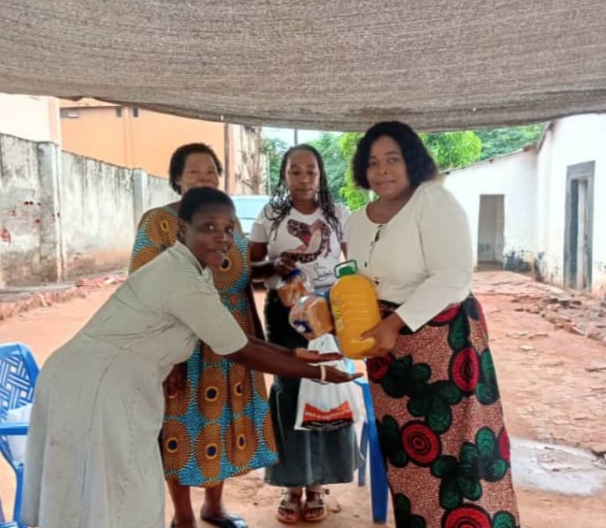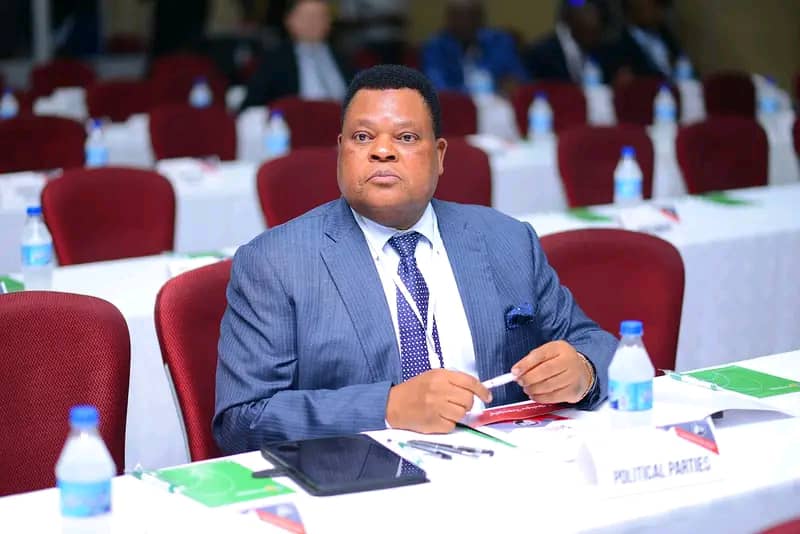Government says it will complete all construction projects left when Results-Based Financing for Maternal and Neonatal Health (RBF4MNH) programme phased out four years ago.
Deputy Minister of Health Enock Phale said this in response to concerns from Bwanje Health Centre communities during an interface meeting initiated by National Initiative for Civic Education (Nice) Trust’s Bwanje Citizen Forum on Saturday.
“It is indeed true the projects met some challenges and stalled, however, Government with same assistance from KFW (The German Construction Bank) has revived it. Some sites like in Mchinji are expected to be done by December this year.
“The remaining sites such as in Ntcheu, Balaka and Dedza where the project was being implemented through Options Consultancy will start before end of next year as funds will now be transferred to the Health Service Joint Fund to attend to these infrastructure issues holistically,” Phale said.
During the interface meeting Lower Ganya ADC vice chairperson said instead of improving the existing maternity and labour wards RBF4MNH demolished existing structures but did not complete them.
“Pregnant women are going through a lot of challenges when delivering at the hospital, the maternity ward is so small it only accommodates two beds on which eight to ten neonates are crammed respectively,” she said.
Bwanje Citizen Forum chairperson Henry Ndisale said after noticing the problems women face at the hospital they initiated the interface meeting to accord the community a platform to hold duty-bearers accountable.
Bwanje Health Centre Medical Assistant incharge Steven Mpinganjira said since the abandonment of the maternity, labour wards and toilets at the hospital, quality of care has drastically reduced.
“The 48-hour standard that those who have delivered should remain in hospital for observation cannot be guaranteed because they are discharged immediately to give space to others. The labour ward has only two beds and a majority of women deliver on the floor,” he said.
He said there is no waiting shelter, placenta incinerator, bathrooms, toilets and high dependency unit, although on average they have 50 deliveries a month with a catchment area of over 38000 people.
Nice Trust national civic education officer Christopher Naphiyo said Citizen Forum is an empowering tool for community members to engage duty-bearers and demand services and accountability.
“Communities all over the country are demanding services and development projects through meetings initiated by Citizen Forum and we are proud of that. We want the people to take up the role of pushing for development projects they need in their areas,” he said.
NICE Trust with funding from European Union is implementing ‘Chilungamo Programme’ aimed at enhancing decentralisation and empowering peoplhe to hold duty-bearers accountable.




